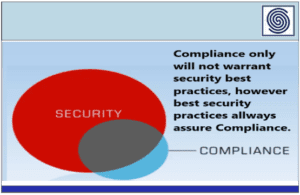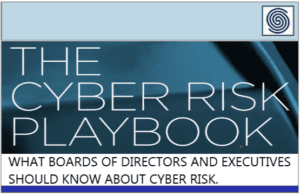I have a new book coming out in February. It’s about hacking.
A Hacker’s Mind: How the Powerful Bend Society’s Rules, and How to Bend them Back isn’t about hacking computer systems; it’s about hacking more general economic, political, and social systems. It generalizes the term hack as a means of subverting a system’s rules in unintended ways.
What sorts of system? Any system of rules, really. Take the tax code, for example. It’s not computer code, but it’s a series of algorithms—supposedly deterministic—that take a bunch of inputs about your income and produce an output that’s the amount of money you owe. This code has vulnerabilities; we call them loopholes. It has exploits; those are tax avoidance strategies. And there is an entire industry of black-hat hackers who exploit vulnerabilities in the tax code: we call them accountants and tax attorneys.
In my conception, a “hack” is something a system permits, but is unanticipated and unwanted by its designers. It’s unplanned: a mistake in the system’s design or coding. It’s subversion, or an exploitation. It’s a cheat—but only sort of. Just as a computer vulnerability can be exploited over the Internet because the code permits it, a tax loophole is “allowed” by the system because it follows the rules, even though it might subvert the intent of those rules.
Once you start thinking of hacking in this way, you’ll start seeing hacks everywhere. You can find hacks in professional sports, in customer reward programs, in financial systems, in politics; in lots of economic, political, and social systems; against our cognitive functions. A curved hockey stick is a hack, and we know the name of the hacker who invented it. Airline frequent-flier mileage runs are a hack. The filibuster was originally a hack, invented by Cato the Younger, A Roman senator in 60 BCE. Hedge funds are full of hacks.
A system is just a set of rules. Or norms, since the “rules” aren’t always formal. And even the best-thought-out sets of rules will be incomplete or inconsistent. It’ll have ambiguities, and things the designers haven’t thought of. As long as there are people who want to subvert the goals of a system, there will be hacks.
I use this framework in A Hacker’s Mind to tease out a lot of why today’s economic, political, and social systems are failing us so badly, and apply what we have learned about hacking defenses in the computer world to those more general hacks. And I end by looking at artificial intelligence, and what will happen when AIs start hacking. Not the problems of hacking AI, which are both ubiquitous and super weird, but what happens when an AI is able to discover new hacks against these more general systems. What happens when AIs find tax loopholes, or loopholes in financial regulations. We have systems in place to deal with these sorts of hacks, but they were invented when hackers were human and reflect the human pace of hack discovery. They won’t be able to withstand an AI finding dozens, or hundreds, of loopholes in financial regulations. We’re simply not ready for the speed, scale, scope, and sophistication of AI hackers.
A Hacker’s Mind is my pandemic book, written in 2020 and 2021. It represents another step in my continuing journey of increasing generalizations. And I really like the cover. It will be published on February 7. It makes an excellent belated holiday gift. Order yours today and avoid the rush.
Leer másSchneier on Security




















































